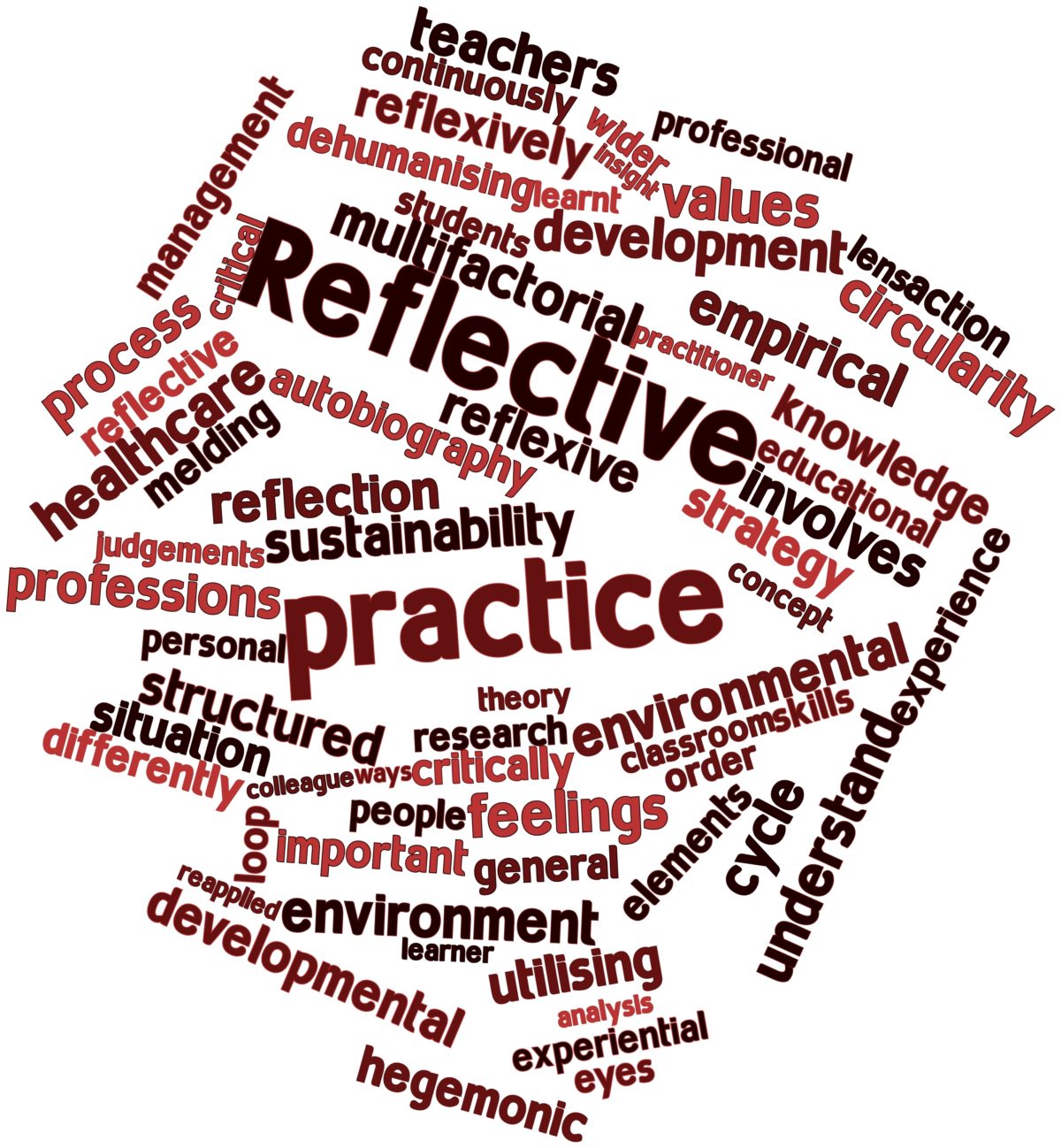Case:
12-year old Max has a sad expression all the time, draws disturbing photos of death, picks fights with kids at school, has has 2 suicide attempts, is not doing his homework, and displays aggression and agitation towards his friends.
Reflective Practice
In nursing, reflective practice is the capability to reflect on one's actions in order to take a critical stance or approach toward one's own practice and that of one's peers, engaging in a continual adaptation and learning process (Leitch & Day, 2006).
Reflective practice is considered among the most promising teaching and learning modalities for developing mental health nursing care, as it is aimed at offering care that is collaborative, strengths-based and recovery-oriented (Kelly, 2022). Reflective practice may occur in individual and group formats; as well as in writing, through interactive discussions or other means (Kelly, 2022).
Benefits of Reflective Practice for Nurse and Patient
- Improved critical thinking
- Empowerment
- Greater self-awareness
- Personal growth
- Develop coping strategies
- Enhance interprofessional communication
- promote the expression of feelings
- make sense of personal emotional practice challenges
(Kelly, 2022)
Reflexivity
Reflexivity is more of a self-reflection, as it refers to the nurse reflecting critically on the impact of their own background, assumptions, positioning, feelings, behavior while also attending to the impact of the wider organizational, discursive, ideological and political context (Kelly, 2022).
Variants of Reflexivity
Introspection: Involves the practitioner in solitary self-dialogue in which they probe personal meanings and emotions.
Intersubjective Reflection: Makes the practitioner focus on the relational context, on the emergent, negotiated nature of practice encounters.
Mutual Collaboration: A mentor and student, or members of a team, seek to solve problems collaboratively.
Social Critique: Focuses attention on the wider discursive, social and political context.
Ironic deconstruction: Would cue into postmodern and post structural imperatives to deconstruct discursive practices and represent something of the ambiguity and multiplicity of meanings in particular organizational and social contexts.
(Kelly, 2022)
Relation to Case Study 3
Pertaining to the case of 12 yar old Max, the variant of reflexivity would fall under Mutual Collaboration and Introspection. As it would involve Max, his nurse and physiatrist to help Max acknowledge, understand, and reflect on his emotions, behavior, and personal feelings, and how they may affect others around him.
References
Kelly. A.
(2022). Reflective Practice Reflexive Practice [PowerPoint Slides]. Mental
Health
Nursing NURS 2207.
Leitch, R.
& Day, C. (2006, December 20) Action research and reflective practice:
towards a holistic view, Educational Action Research, 8:1, 179-193, DOI: https://doi.org/10.1080/09650790000200108
Mount Sinai.
(2021, November 24). Reflective Practice. Retrieved from


Comments
Post a Comment